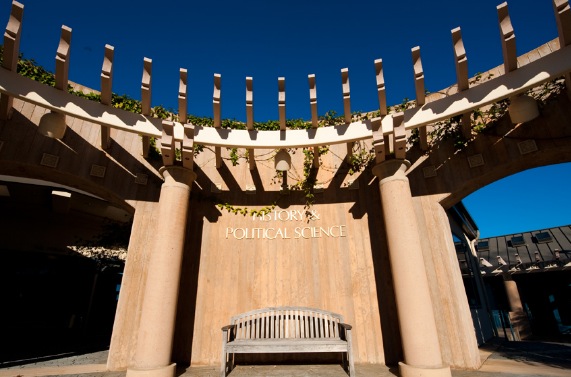
Speech and Debate Seedings
Events at the Stoa National Invitational Tournament of Champions will be seeded based on the rankings on the Speechranks website. Seeding is based on a student’s three best performances during the speech and debate season. This provides a motivation toward continued excellence throughout the year, as that excellence is rewarded at NITOC.
Seeding influences speech and debate competition in the following ways:
Preliminary Rounds of speech and debate will be “power protect” rounds.
- In Speech Events, all preliminary rounds will spread the top-ranked students, one per classroom, equal to the number of classrooms per event. This has advantages for both the top-ranked students and those that are not highly ranked as the competition is spread more evenly among the rooms.
- For the top students, this means they will not have to compete against the other top students in prelims. This should increase their chances of advancing to outrounds.
- For the lesser-ranked students, this means they will not have to endure a prelim round with all the top-ranked students in their room. This should also increase their chances of advancing to outrounds.
In Debate Events, the first two preliminary rounds will match the seeds top to bottom. Teams will be state protected during these first two rounds. Club protection will continue throughout preliminary rounds.
- For the top-ranked teams, this increases their chances of winning early rounds and improves their chances of advancing to outrounds.
- For the lesser-ranked teams, it gives them the opportunity to prepare to debate the top teams.
- Traditional “Power Matching” (Hi/Lo matching within brackets) begins in Round 3.
- In Debate Events, the pre-tournament seeding will also be used as the second tiebreaker to determine outround seedings. (The first tiebreaker is win/loss record and the second is usually speaker points. As speaker points are so capricious at any one individual tournament, it makes good sense to base the second tiebreak on a team’s performance over the course of an entire debate season. From a statistical perspective, the validity of the data is much greater.)